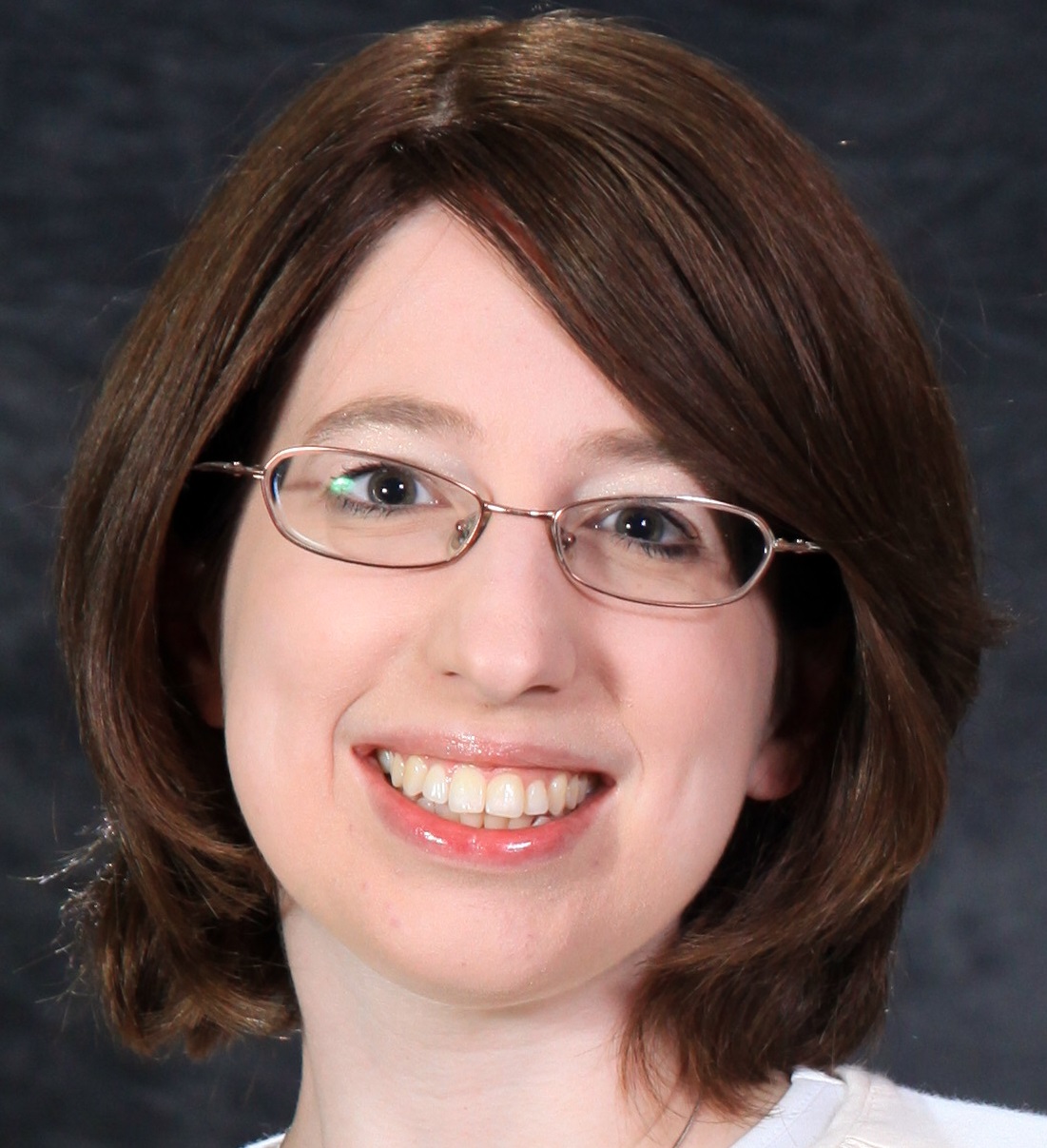 |

|
 |
Assistant Professor Dana Dachman-Soled (ECE/UMIACS/MC2) is the principal investigator for a new one-year, $100,000 National Science Foundation EAGER grant, Post-Quantum Indifferentiability. Current technology for securing Internet traffic relies on two types of cryptosystems: "public key" and "symmetric key." Shor's algorithm in 1994 showed that currently used public key cryptosystems (which are based on the factoring or discrete log assumptions) are broken by quantum attack. Importantly, while outright attacks may not be known for most symmetric key cryptosystems, classical proof techniques for analyzing symmetric key cryptosystems---such as the so-called "indifferentiability framework"---do not carry over to the quantum setting. The goal of this project is to develop new tools for the security analysis of symmetric key, post-quantum cryptosystems by means of a quantum analogue of the indifferentiability framework.
“I am very excited to continue my work on post-quantum cryptography. The question of whether symmetric key cryptosystems are secure in the presence of quantum computers is a crucial question that has not received enough attention from the research community,” says Dachman-Soled. “My work will help to determine the security status of commonly used symmetric-key cryptosystems as we move to the post-quantum era.”
The EAGER funding supports exploratory work in its early stages on untested, but potentially transformative, research ideas or approaches.
Related Articles:
Dachman-Soled Receives Grant to Continue Research on Post-Quantum Cryptosystems
Dachman-Soled Wins NSF Career Award
UMD’s Tubaldi Wins NSF CAREER Award
Rance Cleaveland named CMNS Associate Dean for Research
In memoriam: Dr. Radhakisan Baheti, NSF ECCS Program Director
Ph.D. student Gustavo Varela-Alvarenga featured in ORISE profile
Clark School Faculty Receive CAREER Awards
Fuge Receives NSF CAREER Award
Shoukry Wins NSF CAREER Award
Digital preservation and big data researcher Richard Marciano becomes ISR affiliate
August 27, 2018
|

